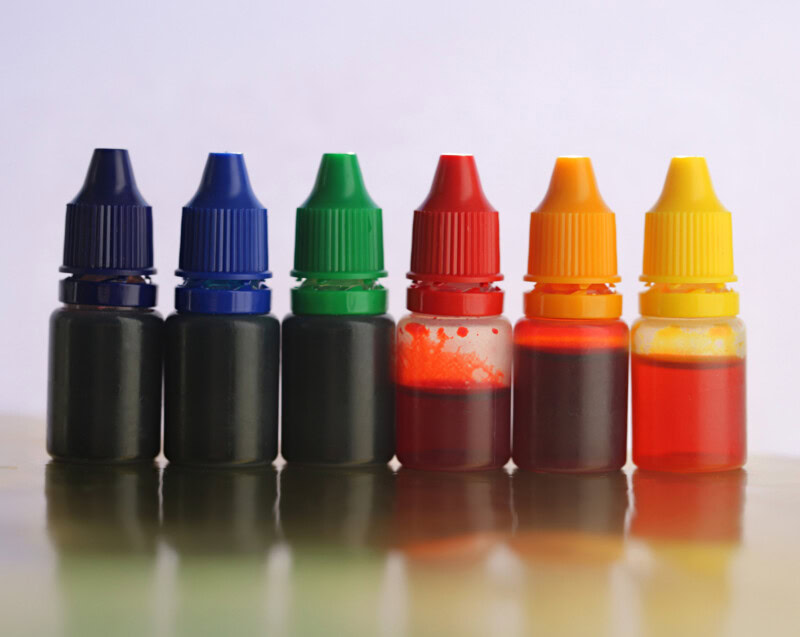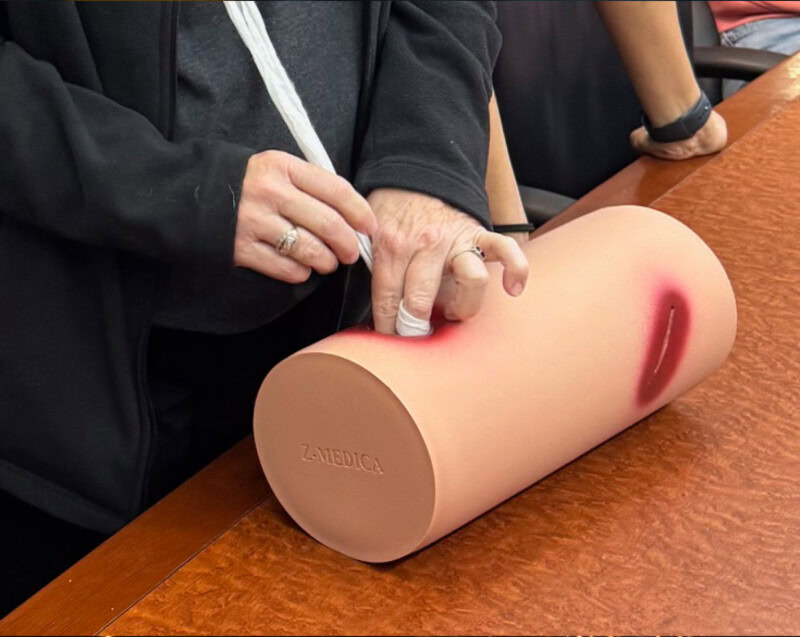Last week our Director of Industrial Hygiene, Dan Christensen, CIH, CSP, spoke with Channel 7 KATV in Little Rock, Arkansas. They covered heat related topics around on back to school activities, sports and how the combination can lead to unexpected dangers. Dan is a Certified Safety Professional and has developed heat stress programs for several companies that have a higher chance of employee exposure to excessive heat. See this article here on signs and symptoms of heat stress.
On Channel 7, the interview focused on back to school sports, mainly two-a-day middle school and high school football practices. It is essential to stay hydrated. Dan discussed why pre-hydration is important and effect of heat stress illness on your body long-term if ever developed. Here are few tips parents and coaches can take to help keep kids safe from heat stress:
•Stay hydrated: Schedule regular water breaks and cool downs. Tell students to avoid drinking too many sports drinks—these contain a lot of sugar—and to avoid energy drinks that put additional stress on the body.
•Limit length of practices: Start with shorter and less intense football practices. Gradually increase the intensity and length of practices to get acclimated to the heat. This is especially important for teenagers because they adjust more slowly to exercising in hot temperatures than adults. Keep in mind that the more humid it is, the harder it will be to cool down.
•Wear lightweight clothing: Heavy football uniforms can cause additional stress on the body. Encourage students to wear light-colored and lightweight clothing for the first few weeks of practice. Ask them to remove helmets and pads during cool downs and water breaks.
•Stay in the shade: Don’t push it—remind players to take breaks in the shade when they’re feeling too hot or tired.
•Monitor closely: Be aware of the players who may be at greater risk of heat stress (i.e. those with medical conditions). If you suspect heat stress, immediately remove the player from practice. Put them in an ice-water or cold-water bath until emergency personnel arrives.
Have additional questions? Check out the Center for Disease Control’s website for more information about heat stress symptoms and quick tips.




